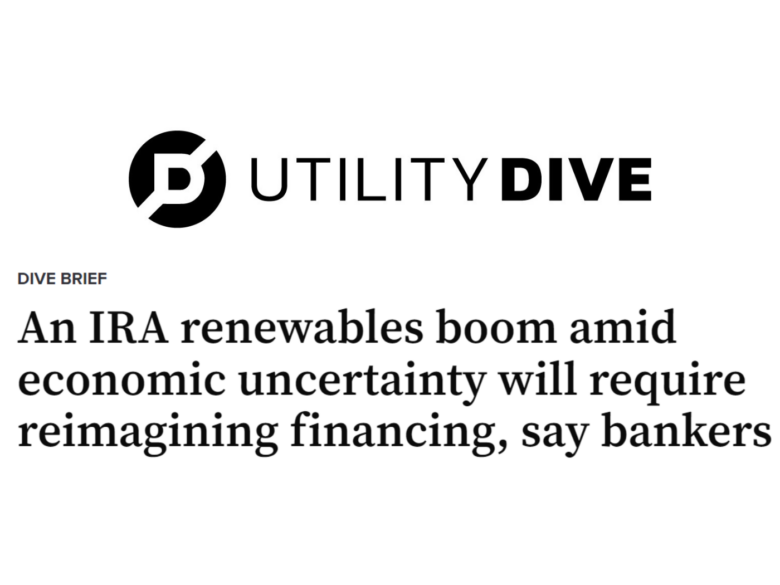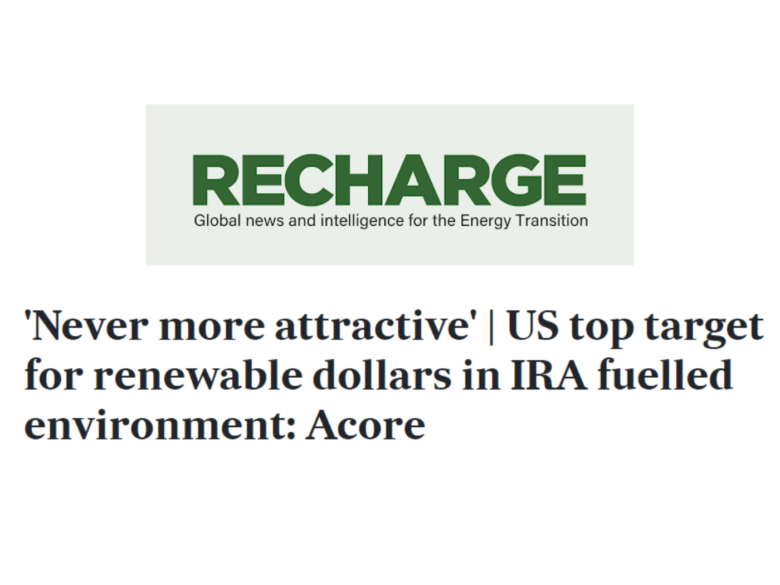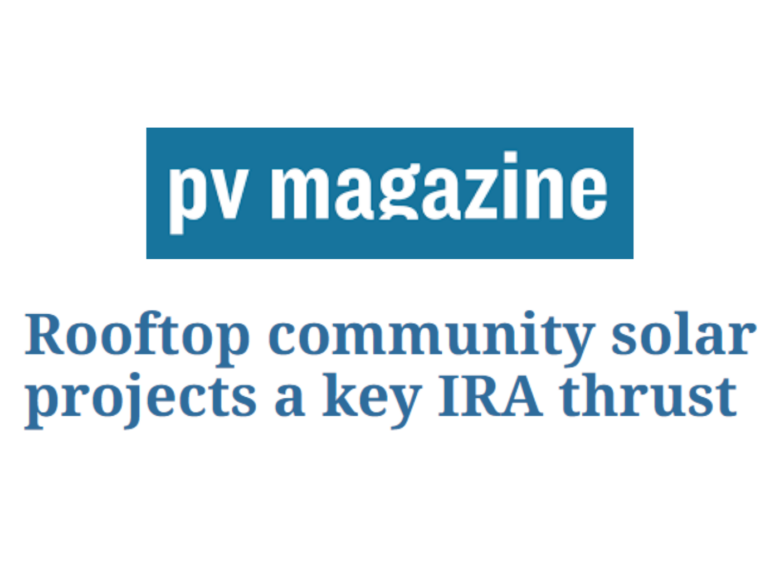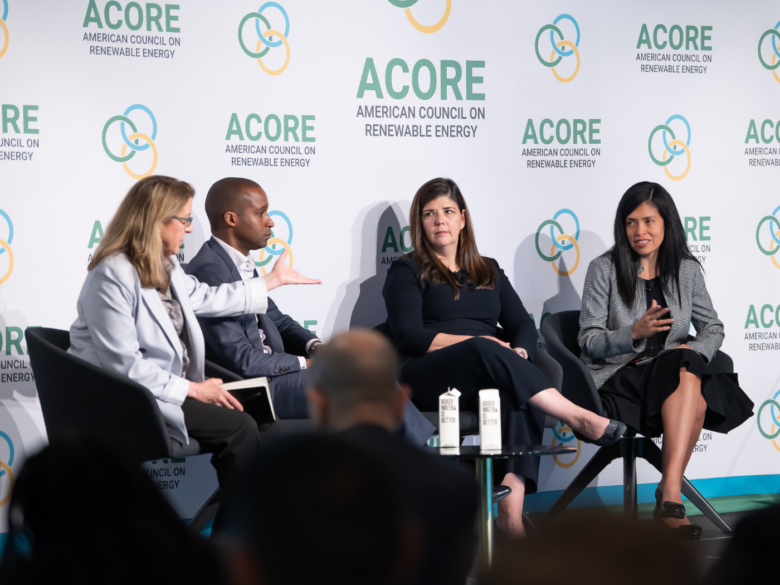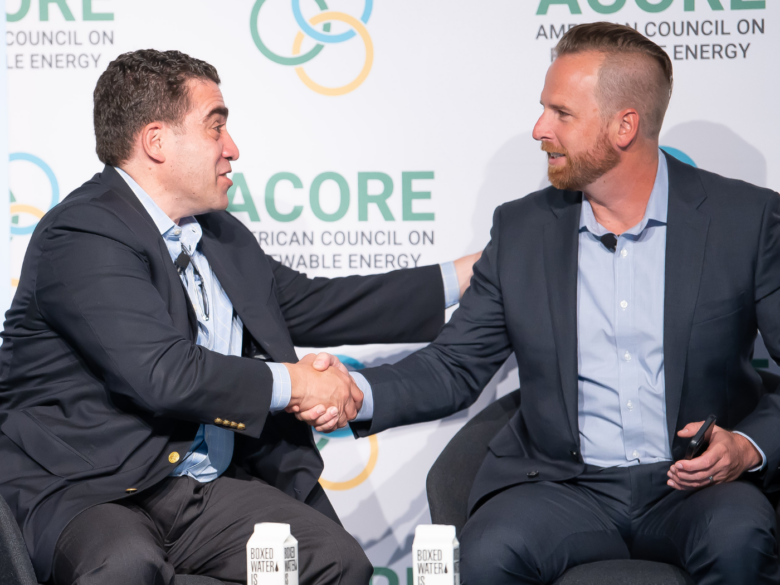
Connect with the Brightest Minds in the Renewable Transaction Landscape
Accelerating Clean Energy Investment in America’s Future
America is experiencing an explosion of growth in electricity demand, with projections showing we must triple the nation’s clean energy supply over the next decade. This presents a historic opportunity for the clean energy industry, which will need to rapidly deploy new capital, onshore significant manufacturing capacity, and evolve financing structures and offtakes to provide the backbone of these power needs. Join the ACORE Finance Forum in New York City on June 4-5, 2024 to examine the trajectory for sector investment in the face of evolving opportunities and headwinds.
Location: Convene, 237 Park Avenue, New York, NY

Over 70% of our attendees are C-Suite, VP, or Director-Level
Attendees include banking institutions, private equity firms, asset managers, developers, manufacturers, corporate buyers, and more!
What to expect
-
2 jam-packed days of content.
-
10 + information-rich panels and presentations from our all-star lineup of senior transaction professionals.
-
40 + expert speakers sharing the next steps on shaping the future of renewable finance.
-
300 + attendees from leading companies across the renewable energy industry.
Register today for the 2024 ACORE Finance Forum.
Executive Sponsors
Presenting Sponsors
Networking Sponsor
Reception Sponsors
Become a sponsor to elevate your profile among the industry’s leading renewable companies.
Media Partners
Subscribe to our emails to stay informed on the latest event updates.
Contact Us
For questions and information about the ACORE Finance Forum, please contact us below.
Event Inquiries
Sponsorship Opportunities
Supporting Organizations
Media Partnerships and Passes
Join leaders from across the renewable energy sector.

What will our next 20 years look like? Here’s the truth: they’ll be better with ACORE at the forefront of energy policy.
Shannon Kellogg
Amazon Web Services (AWS)







































